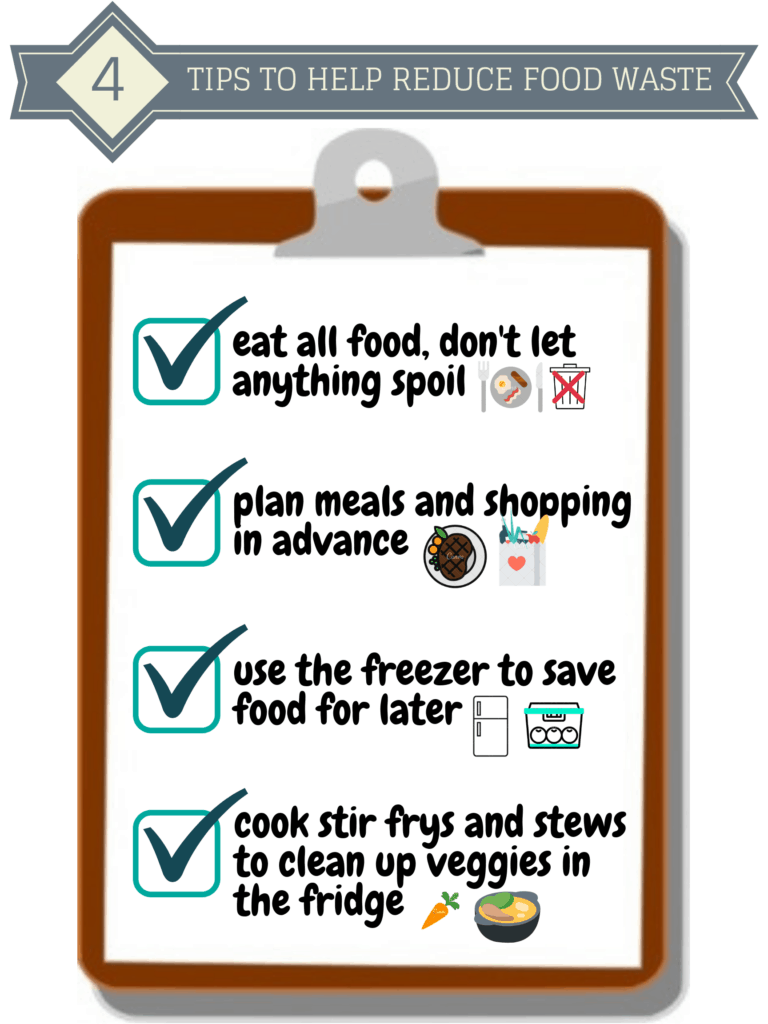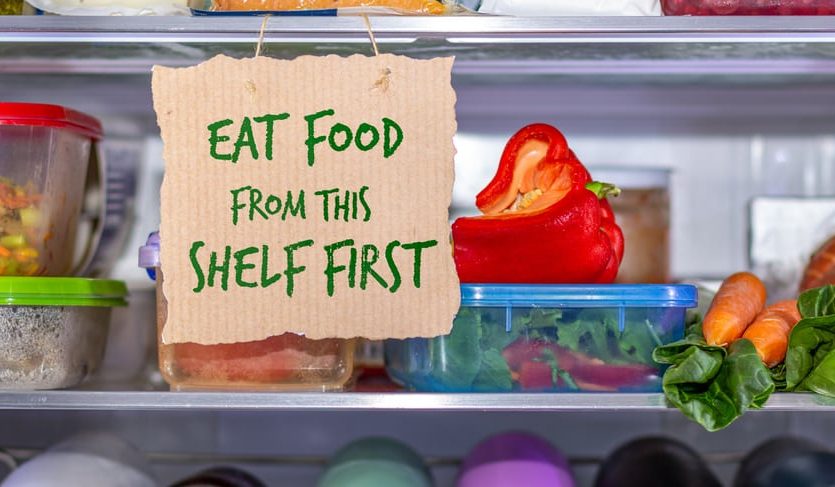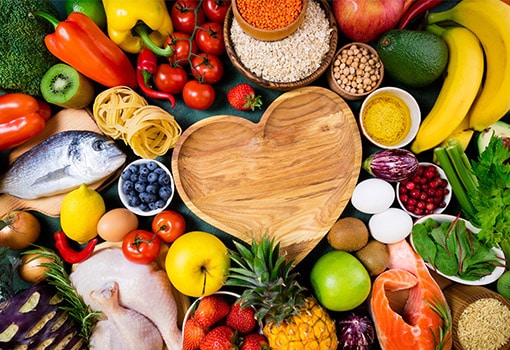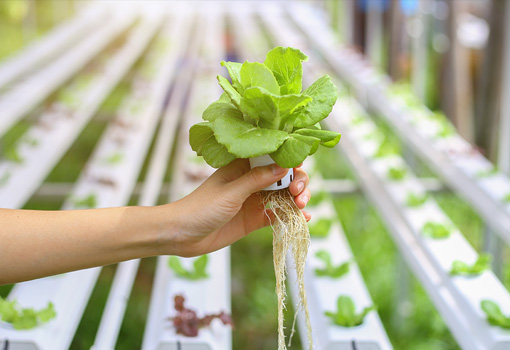Food waste is a pressing issue today. The U.S. alone generates roughly 38 million tons of food waste each year! This contributes to global warming, as food dumped at landfills creates the greenhouse gas methane. And it also puts a dent in your pocketbook due to spoiled or uneaten food.
Face it, everyone is guilty of food waste. Maybe you forgot about leftovers hiding in the back of the refrigerator and had to toss them. Or, you stocked up on vegetables with noble intentions of cooking a healthy meal, but life got in the way. So then you were left with mushy cucumbers and brown lettuce. If you experience this from time to time, know that you can reduce food waste in your own kitchen.
The key to reducing food waste is straightforward: eat and cook all the food you buy, and manage your kitchen inventory. Sounds easy, but hard to do in practice! It requires upfront planning, but you’ll thank yourself later. Here are some handy tips and recommendations.

don’t throw food away or let it spoil
First, try not to throw away or let any food spoil. This means proactively checking your fridge regularly so you eat or cook food before it goes bad. Make a salad with that bag of spinach that is starting to wilt. Or, if you simply can’t eat it now, cook or freeze it for later (more on that below). Also, eat all your leftovers (home-cooked and takeout). You paid for it, so don’t let it go to waste!
plan your meals and grocery shopping
Second, plan your grocery shopping and meals ahead of time to avoid unnecessary or impulse purchases. Check your fridge beforehand so you don’t buy things you already have. And, don’t buy food you or your family probably won’t eat. It’s great to try new things, but if they aren’t eaten, it’s not a good use of your money. So experiment, but commit to eating what you buy, even if it’s not your favorite. Planning minimizes food waste; the less you buy, the less you’ll throw out.
cook in batches and freeze it
Third, cook in batches and freeze for later – the freezer is your friend and extends the life of food! Say you have vegetables on the verge of going bad, but you’re going out of town. No problem, just cook them up and freeze them. This way, you don’t have to eat them right away, but at least they won’t spoil. Try dishes like casseroles or soups and freeze in portions. When you’re tired, you’ll be so glad to pop into your freezer for an already-cooked meal, and easily and quickly defrost it for dinner.
clean out your fridge with a catch-all stir fry
Fourth, get into the habit of making stir fry dishes or stews, or other flexible recipes that allow you to use up all the random ingredients in your fridge. Toss it all in, and tweak as you desire!
Thoughtful planning helps reduce your food waste, which is great for the environment AND saves you money. And of course, composting food scraps is an added booster.













